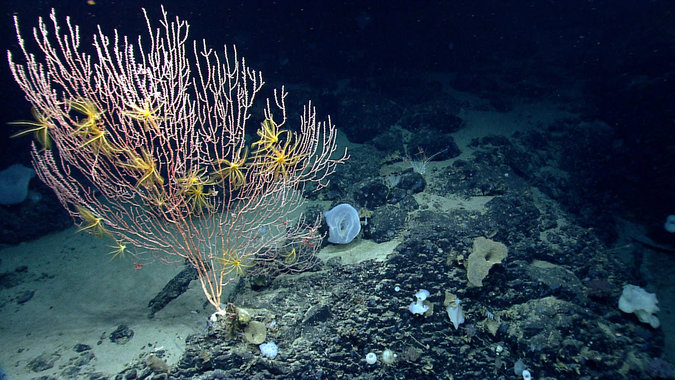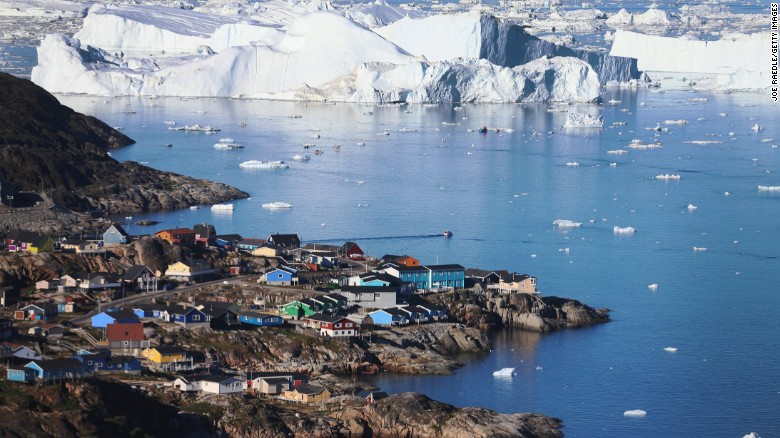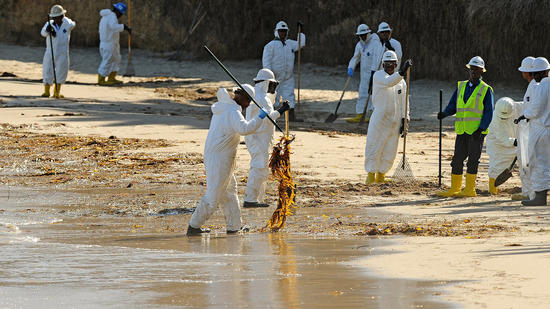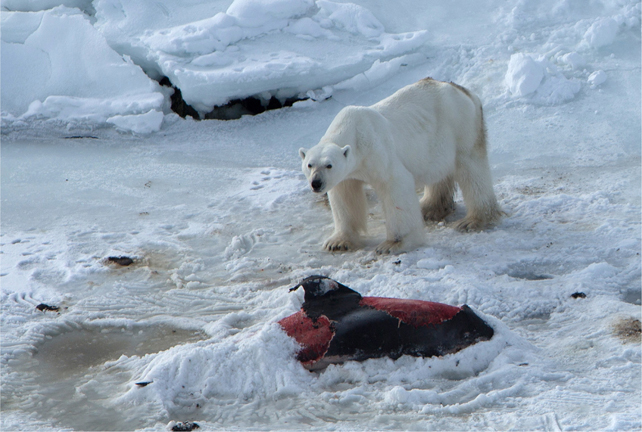
This week, a research team from the University of Hawai’i at Manoa and University of Montana published a study in PLOS Biology on an additional impact of climate change. The report discusses that climate change could decrease the number of days when plants can grow by 11% by 2100. Declining plant growth will destroy forests, change habitats and food chains, as well as impact the economy of the region. The drastic impact of this change will vary around the world but, tropical regions could lose almost 200 growing days per year. Read more…
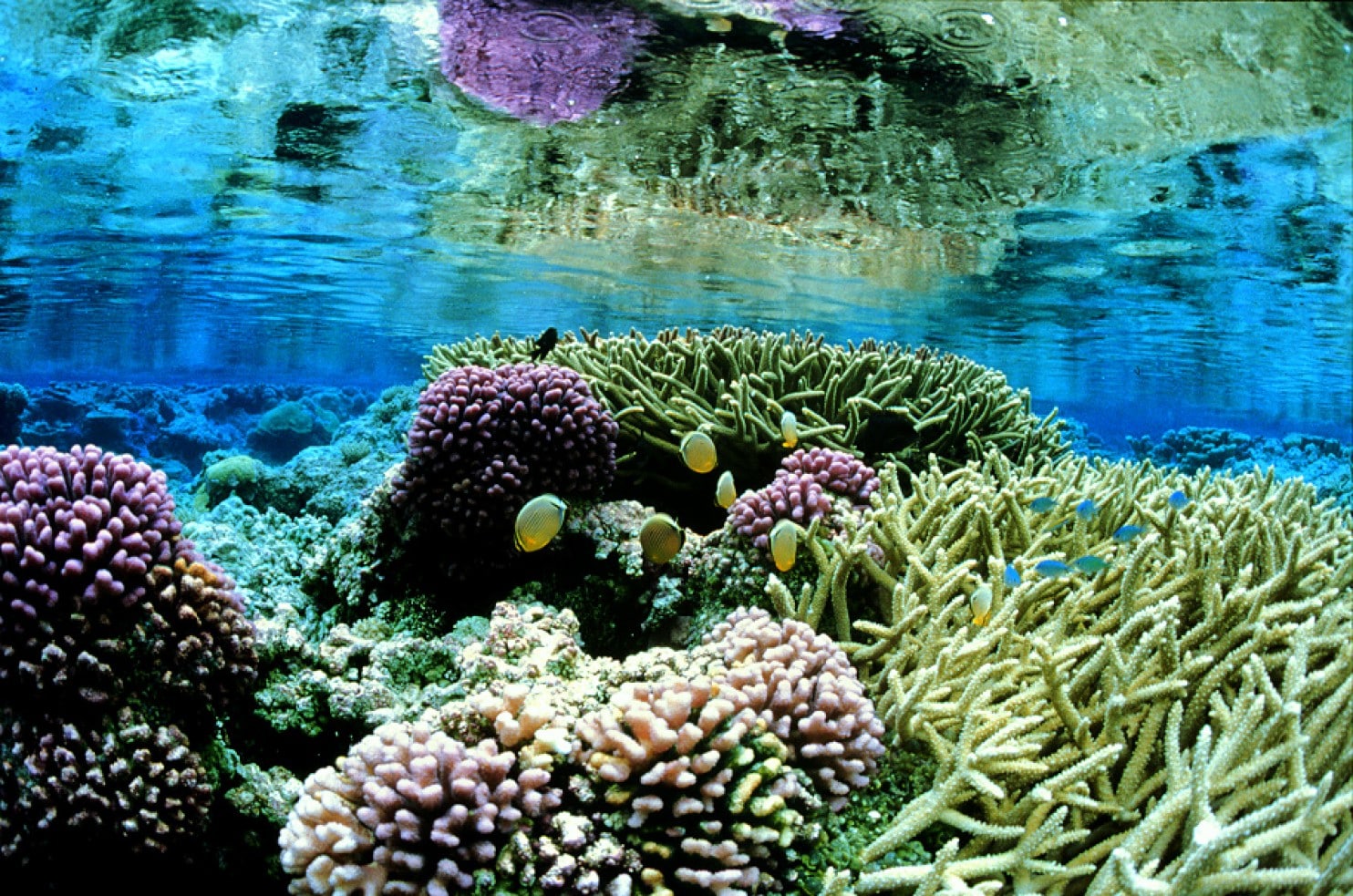
According to the World Wildlife Fund, expanding the ocean’s protected zones could create 180,000 jobs and generate $920 billion by 2050. Creating the marine protected areas will require some investment but, the benefits should be tripled through employment, coastal protection, and fisheries. Read more…
This week, scientists from the California Academy of Sciences reported the discovery of 100 new species. These marine animals were found during a seven week exploration in the Philippines. A new heart urchin and 40 new varieties of nudibrachs are just a few of the new species. According to Steinhart Aquarium Director Bart Shepherd, “more humans have visited the moon than have dived to the twilight zone”. As we continue to advance exploration technology, we will discover more and more! Read more…
5. Give Me Five!
This week some unexpected footage was posted online! A diver named Mauricio Hoyos Padilla, the director-general of a marine-conservation group called Pelagios-Kakunjá, posted a video of a diver and a large great white shark coming into direct contact during a dive in Guadalupe. Watch the video of this large great white shark here…
CNN published a comprehensive list of 15 reasons how sea level rise may impact our globe over the next few decades. This list serves as a nice snapshot of a few of the issues that have been presented in some past Week in Review articles. Living in New York, Miami, or Houston? You’ll have a particular interest in this article if you do! Read more…
Sea Save has tracked this tragic event from the beginning! Over the last few weeks, we have worked to help clean up the aftermath of this massive oil spill as well as documented the impact. According to area officials, the clean up has already cost $60 million and only 76% of the damaged beach has been cleaned. 158 birds and 85 marine mammals, including 6 dead sea lions, have been killed from the oil spill. Read more…
Be sure to “LIKE” http://facebook.com/SeaSave to ensure our “Week in Review” is delivered to your newsfeed every Thursday.
Sea Save Foundation is committed to raising awareness of marine conservation. The Week in Review is a team effort produced by the Sea Save staff to provide a weekly summary of the latest in marine research, policy, and news.

